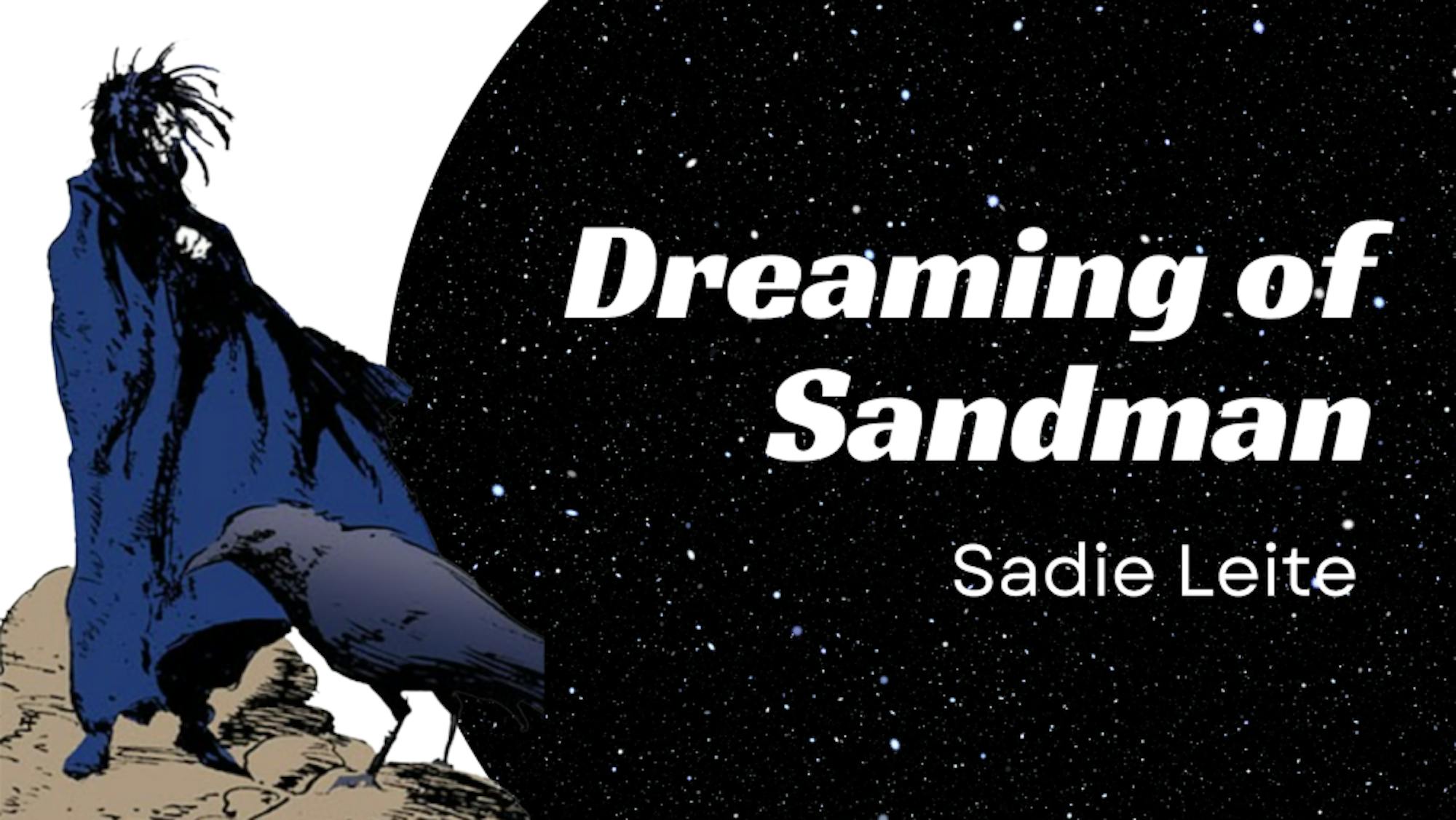And the dead heads sing. Why? Because power, kings and gods have complications.
“Thermidor” (1991) is the first part in the four-issue anthology “The Sandman: Distant Mirrors” (1991–93). Each explores rulers’ intentions. Thermidor, the 11th month of the French Republican Calendar, no longer exists, chopped from modern vernacular like French heads.
In this story, Johanna Constantine helps Dream, saving the severed head of Dream’s son, Orpheus, from French superiors.Imprisoned during her adventure, Johanna hides Orpheus in a pile of heads (because he fits in). She is led by her captors to the pile to identify Orpheus for them, and Orpheus shocks them by singing, controlling the French aggressors, even if they do have shoulders and knees. The other dead heads join, naturally, and our heroes escape in distraction.
Neil Gaiman is playing with our heads. The passage of power during the French Revolution was so tumultuous — innocent dreamers were punished simply for breathing; still, as Gaiman emphasizes with Robespierre’s decapitation at the comic’s end, those who don’t use their heads while wielding absurd influence often lose them.
In “August” (1991) Roman Emperor Caesar Augustus pretends to be a beggar for the day. This is the price of a bargain with Dream, enabling Augustus to hide his thoughts concerning the empire’s future from Roman Gods after he read the prophecies for Rome and chose one to become true.
Augustus says, “Humanity. They follow leaders … blindly, as people lost in the catacombs would follow a child carrying a flaming torch.”
He says leaders follow their dreams.
These definitions are interesting, as Augustus withholds information from his people, ensuring their blindness. He cannot recognize this — even as one of them — because power also strings a safety net that, ironically, blinds rulers.
Thus, the Romans have no choice in Augustus’ decision to let Rome fall.Dream does, though. Dreams cause the fall of the Roman Empire.
Next: a sibling squabble in “Three Septembers and a January” (1991). The Endless each try to claim Joshua Abraham Norton, the infamous man who declared himself emperor of the United States.
Dream wins because leaders follow their dreams? Because dreaming of power is the only way to attain it, but it also relieves us from Despair, helps us resist Desire, balances Delirium?
Even the Endless –– ideas that rule all –– organize into hierarchy: Despair says Dream wins Norton, but Joshua ultimately goes with Death at the end of his life. She seems to be the clear winner to this author: the fear of her, the impossibility of knowing what comes after equalizes despite varying power.
We end with “Ramadan” (1993).Haroun Al Raschid, king of Baghdad, rules the greatest city as the greatest emperor, so he only fears its end. The nature of rulers is to always want, as power invites the thrill of endless chase (or blatant greed).
He wants Baghdad to last in the dreams of his people, and Dream says: Yes, just tell them. Stories of empires, castles, kings and queens last when we recount them.
Power is heavy. Dream carries it without his shoulders dropping, his head disconnecting and rolling to the ground.
So does Gaiman. It’s why we read his stories with the same vigor that could sway dead heads to sing again.






